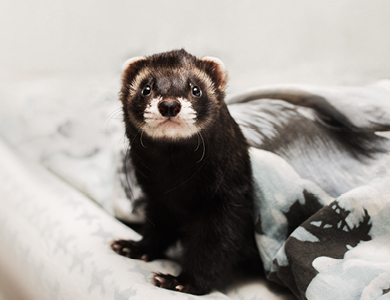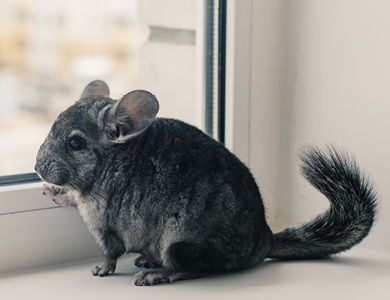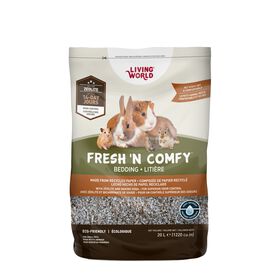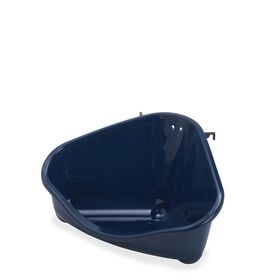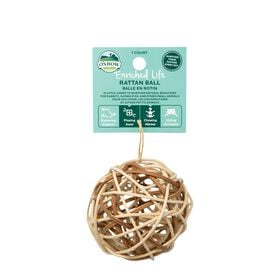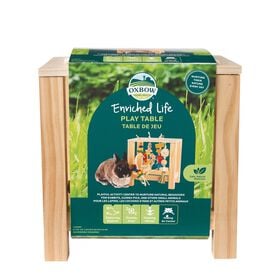Like all animals, rodents such as mice and rabbits need to roam free. How can you allow them some free-roaming time around the house without putting them at risk? Since they are both curious and like to chew, it’s important to keep a few things in mind before you let them wander around.
General rules
- Watch them at all times.
- Secure the premises by limiting access to the following:
- Electrical and telephone wires
- Doors, windows, drawers, cupboards, washer, dryer and toilets
- Medications, plants, food and cleaning products
- Confined spaces where they could get stuck
- Other pets in the house
- Choose a closed room, which is safer for your pet’s play period. Add toys, tunnels, hiding places, treats, etc.
- Use a pen or an enclosure to vary their environment and offer them more space.
Tips for your specific pet
Ferrets
These tiny explorers need a great deal of intellectual and physical stimulation. They also manage to hide in the smallest spaces. Keep an eye on your ferret to make sure it stays out of trouble. A harness is a good way for your ferret to explore the neighbourhood safely. You will have to start your ferret’s harness training at a young age and get it used to wear a harness in the house before going outside.
Rabbits
Rabbits need long periods of freedom to roam around and explore. Keep in mind that sterilization is recommended, since uncastrated males spray urine to mark their territory. Also, since rabbits love to chew, be sure to keep everything out of their reach.

Rats
Naturally calm, rats are ideal pets, provided they are used to being handled from a young age. They like doing exercise and exploring everywhere, and are generally quite tame when they are put back in their cage.
Chinchillas
Chinchillas like jumping, and move around quickly. It can be dangerous to let them roam free in the house because they can fall and injure themselves. If your chinchilla has a quiet temperament, you can let it roam free in a safe place under strict supervision. However, you have to be able to catch it without causing it too much stress.
Guinea pigs
Tunnels and hiding places provide plenty of entertainment during play time. Since guinea pigs don’t jump, a pen or an enclosure is a good option.
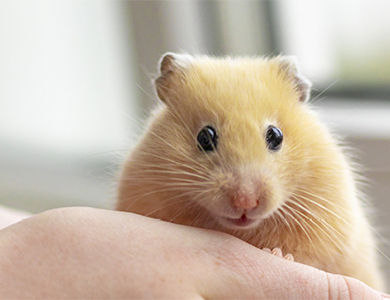
Mice, degus and hamsters
These small rodents are often hyperactive. Plastic exercise balls allow them to move around the house. However, since these toys do not provide good ventilation, it is recommended that they be used for no more than 15 minutes at a time. Also, remember to block stairways and to keep an eye on your cat!
These are just a few tips for allowing your small pets to safely enjoy wide open spaces. Be sure to do your homework to ensure a completely safe environment.


